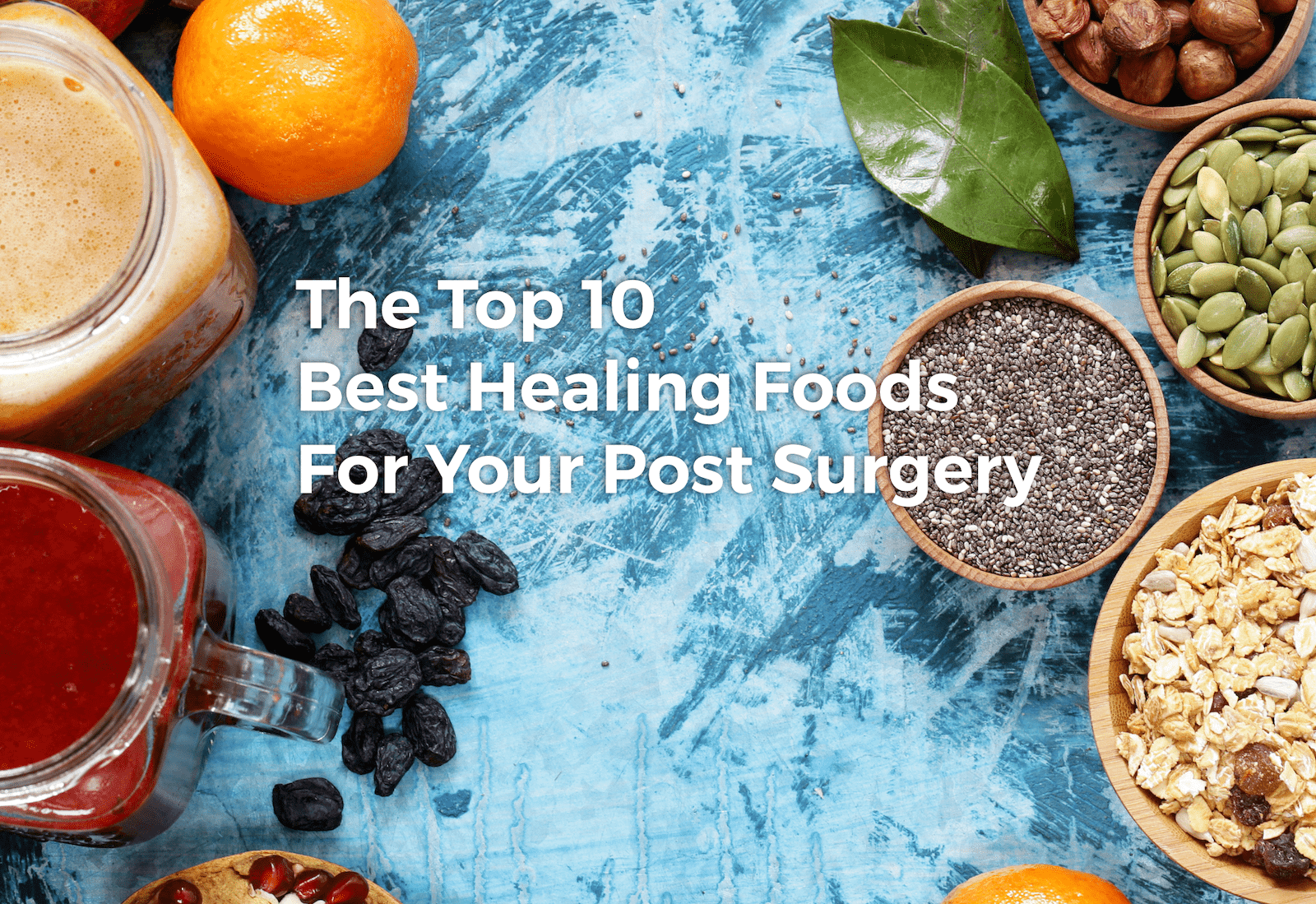One of the many things you can do to ensure a smooth and comfortable recovery is to consume a healthy diet. We all know that surgery recovery can be uncomfortable, but it doesn’t have to be when you take a holistic approach. Although some of your recovery depends on the quality of the surgery, you also have a responsibility to make sure your body is properly fueled and nourished. That begins with eating the right foods — whole foods that can provide your body with the substance it needs for a speedy recovery.
1. Protein
Lean protein, more specifically collagen, is responsible for mending tissue back together. This means that you should be consuming higher amounts of protein post-surgery to ensure your body tissue heals properly, especially if you’ve had an incision. Great sources of lean protein include eggs, fish, beans, other legumes, and turkey. You can also consume supplemental protein, like the protein you add to shakes, to help give your body the protein it needs.
2. Dairy
Fermented dairy, like kefir and yogurt, restore beneficial bacteria to your body. Oftentimes, doctors prescribe antibiotics to fight infection, but these deplete our levels of good bacteria that aids in digestion and a well-functioning immune system. If you don’t eat dairy, then supplementing with probiotics can also help.
3. Fiber
Since surgery disrupts your body’s normal routine, your bowel movements might take a toll. To prevent constipation, make sure you eat plenty of fiber and drink lots of water. Prunes are a great source of fiber, but other great sources of fiber include:
- Beans and legumes
- Apples
- Pears
- Oatmeal
- Bran flakes
- Flaxseed Meal
4. Rich Colored Fruits
Your body needs higher doses of antioxidants post-surgery because it’s more prone to increase free-radical production. Deep colored fruits have high levels of antioxidants, providing your body with the ability to reduce oxidation levels. These fruits include most types of berries, such as blueberries, strawberries, cherries, blackberries, pomegranates, and raspberries.
5. Sweet Potatoes
Sweet potatoes are an excellent source of beta-carotene, which converts into Vitamin A during digestion. Your body uses vitamin A to help repair tissues, mucous membranes, and skin—all components of the body that are typically affected in a surgery. Other sources of beta-carotene include carrots, cantaloupe, mango, and dark leafy greens.
6. Bell Peppers and Citrus Fruit

7. Cruciferous Vegetables
These vegetables are high in indoles, which boost immune efficiency. Having a strengthened immune system is crucial for warding off infection after surgery. Cruciferous vegetables include cabbage, brussels sprouts, and cauliflower.
8. Mushrooms
Mushrooms support a healthy immune system by reducing inflammatory proteins and increasing the functionality of gamma delta T-cells. Different types of mushrooms include shiitake, maitake, and reishi.
9. Seeds, Nuts, and Squash
Seeds, squash, and pumpkin contain high levels of zinc, which also contributes to a healthy immune system. Zinc is also necessary for protein synthesis, which means it’s helpful in healing wounds and incisions.
10. Pineapple and Papaya
These two fruits contain enzymes that break down proteins during digestion and reduce swelling and inflammation.
These Foods are Good All The Time
Why stop eating this way after you are all healed up? These foods are good for you all the time, and you should keep eating whole foods to see your most optimal results from surgery. If you have any questions, please feel free to reach out to the support staff at Buckhead Plastic Surgery.




